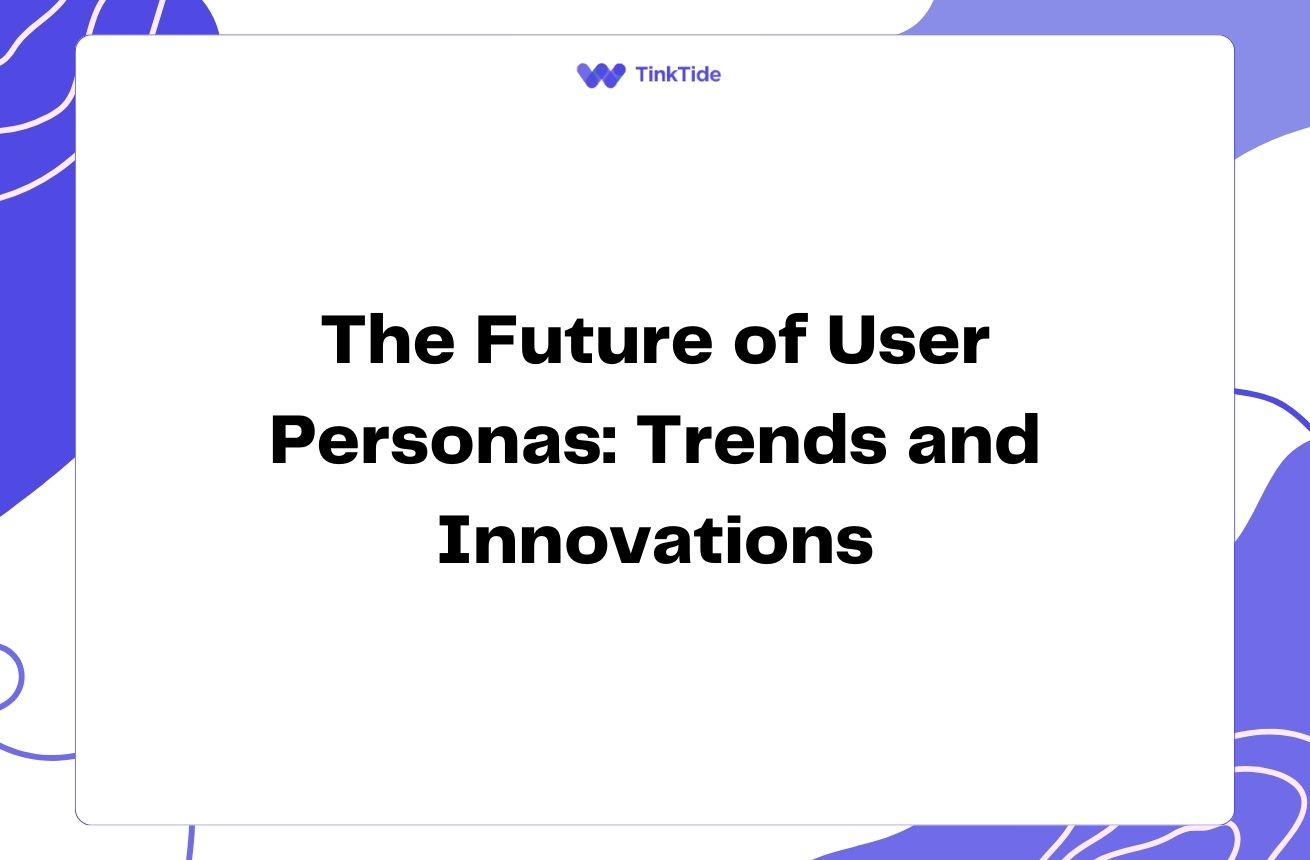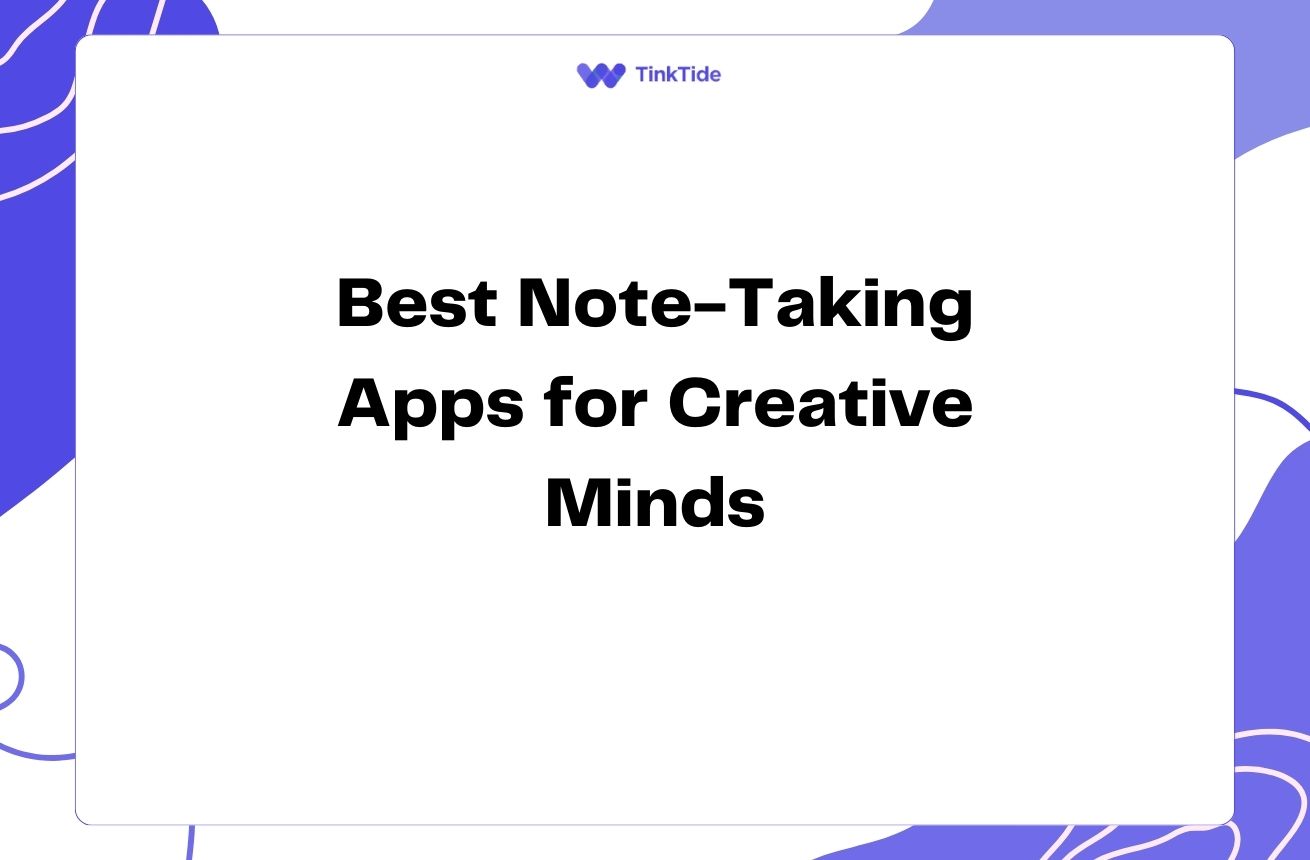AI Tools: Unleashing Innovation Across Industries
The AI Revolution in Innovation
Artificial Intelligence (AI) is revolutionizing the way we approach innovation across industries. By leveraging machine learning algorithms and vast datasets, AI tools are empowering businesses to generate unique ideas and solve complex problems at unprecedented speeds.
From IBM's Watson in healthcare to Autodesk's generative design in engineering, AI is pushing the boundaries of what's possible. These tools are not just automating tasks but also augmenting human creativity and decision-making processes.
The impact of AI on innovation is far-reaching, touching everything from product design to marketing strategies. By analyzing patterns and insights that humans might overlook, AI tools are opening up new avenues for creativity and problem-solving.
Key Benefits of AI in Innovation
AI tools offer numerous advantages when it comes to fostering innovation:
- Rapid idea generation and prototyping
- Data-driven decision making
- Personalized solutions at scale
- Efficient resource allocation
- Predictive trend analysis
AI in Healthcare: Revolutionizing Patient Care
In healthcare, AI tools are driving innovation in diagnosis, treatment planning, and drug discovery. DeepMind's AI system has shown remarkable accuracy in detecting eye diseases, often outperforming human experts.
AI-powered tools are also accelerating drug discovery processes. For instance, Atomwise uses AI to predict the effectiveness of potential drug compounds, significantly reducing the time and cost of bringing new medications to market.
These innovations are not just improving efficiency; they're fundamentally changing how we approach healthcare, leading to more personalized and effective treatments for patients.
AI in Manufacturing: Optimizing Production
In the manufacturing sector, AI is revolutionizing production processes through predictive maintenance, quality control, and supply chain optimization. GE's Predix platform uses machine learning to predict equipment failures before they occur, minimizing downtime and improving overall efficiency.
AI-driven generative design tools are enabling engineers to create optimized product designs that were previously impossible or impractical to conceive. This is leading to lighter, stronger, and more efficient products across industries.
By analyzing vast amounts of production data, AI tools are helping manufacturers identify bottlenecks, optimize resource allocation, and reduce waste, resulting in more sustainable and cost-effective operations.
AI in Creative Industries: Augmenting Human Creativity
In creative fields like advertising, music, and visual arts, AI tools are serving as powerful collaborators. Adobe's Sensei AI platform is enhancing creative workflows by automating tedious tasks and suggesting design elements.
AI-powered music composition tools like AIVA are assisting composers in creating original scores for films and video games. These tools don't replace human creativity but rather augment it, providing new sources of inspiration and expanding the realm of possibilities.
In advertising, AI tools are analyzing consumer data to generate personalized ad content at scale, leading to more effective and engaging campaigns. This fusion of human creativity and AI-driven insights is reshaping the creative landscape.
Implementing AI for Innovation: Best Practices
To effectively leverage AI tools for innovation, consider the following steps:
- Identify specific innovation challenges in your industry
- Research and select appropriate AI tools for your needs
- Ensure you have quality data to train your AI models
- Integrate AI tools into existing workflows gradually
- Foster collaboration between AI systems and human experts
Overcoming Challenges in AI-Driven Innovation
While AI offers immense potential for innovation, it's not without challenges. Data privacy concerns, ethical considerations, and the need for AI literacy among employees are significant hurdles that organizations must address.
Transparency in AI decision-making processes is crucial, especially in sensitive fields like healthcare and finance. Organizations must strive to develop explainable AI systems that can be trusted and understood by stakeholders.
Additionally, there's a need for ongoing education and training to ensure that employees can effectively collaborate with AI tools. This human-AI collaboration is key to unlocking the full potential of AI-driven innovation.
The Future of AI in Innovation
As AI technology continues to evolve, we can expect even more groundbreaking innovations across industries. The integration of AI with other emerging technologies like blockchain, IoT, and quantum computing will likely lead to entirely new paradigms of innovation.
We're moving towards a future where AI tools will become increasingly sophisticated in understanding context, emotions, and complex human needs. This will enable the development of more intuitive and empathetic AI systems that can truly partner with humans in the creative process.
The key to harnessing this potential lies in fostering a culture of continuous learning and adaptation. Organizations that embrace AI-driven innovation today will be better positioned to lead in their industries tomorrow.
Common Questions About AI in Innovation
Here are some frequently asked questions about the role of AI in fostering innovation:
Will AI replace human creativity?
No, AI is designed to augment human creativity, not replace it. AI tools can generate ideas and analyze data at scale, but human insight, empathy, and complex problem-solving skills remain crucial for true innovation.
How can small businesses leverage AI for innovation?
Small businesses can start by using AI-powered tools for tasks like market analysis, customer segmentation, and product design. Many cloud-based AI services offer affordable options for smaller organizations to experiment with AI-driven innovation.
What skills are needed to work with AI in innovation?
While deep technical knowledge isn't always necessary, understanding AI concepts, data literacy, and critical thinking are valuable. Creativity and the ability to interpret AI outputs in the context of your industry are also crucial.
How does AI handle ethical considerations in innovation?
AI itself doesn't handle ethical considerations; it's up to the humans designing and implementing AI systems to ensure they align with ethical standards. This includes addressing bias in data, ensuring transparency, and considering the societal impact of AI-driven innovations.
Can AI generate truly original ideas?
AI can generate novel combinations of existing ideas and identify patterns that humans might miss, leading to innovative solutions. However, the concept of 'true originality' is complex, and AI's outputs are ultimately based on its training data and algorithms.
Additional Resources
MIT Technology Review
Stay updated on the latest AI innovations and their impact across industries.
Google AI
Explore Google's AI research and tools for developers and businesses.
AI for Good Foundation
Learn about AI applications for social good and sustainable development.
OpenAI
Discover cutting-edge AI research and its potential applications.
AI Ethics Guidelines
Access resources on ethical considerations in AI development and implementation.
Embracing the AI-Driven Innovation Revolution
AI tools are transforming the landscape of innovation across industries, offering unprecedented opportunities for creativity, efficiency, and problem-solving. From healthcare to manufacturing to creative fields, AI is pushing the boundaries of what's possible.
As we've explored, the key to successful AI-driven innovation lies in the synergy between human creativity and machine intelligence. By embracing these tools and addressing the associated challenges, organizations can unlock new realms of innovation and stay competitive in rapidly evolving markets.
The future of innovation is here, and it's powered by AI. Are you ready to harness its potential and transform your industry? Start exploring AI tools today and join the innovation revolution.
Unlock Your Innovation Potential with AI
Discover how our AI-powered platform can help you generate groundbreaking ideas and solutions for your industry.
Start Your Free Trial

